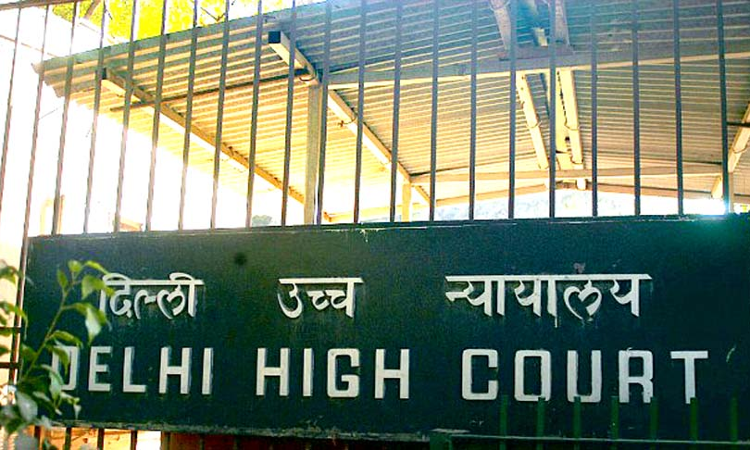Woman Moves Delhi HC Against 30-Day Notice Period For Marriage Registration Under Special Marriage Act
akanksha jain
7 May 2019 9:54 AM IST

Next Story
7 May 2019 9:54 AM IST
The Delhi High Court has directed the Sub-Divisional Magistrate to solemnize the marriage of an inter-faith couple after the woman belonging to the Muslim faith knocked at its doors aggrieved by the mandatory 30-day notice period for inviting objections before a marriage could be registered under Special Marriage Act, 1954. The woman approached the high court through NGO 'Dhanak...
